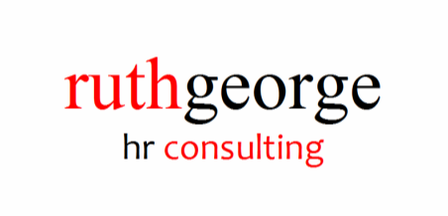Recently, I've been delivering EDI (equality, diversity and inclusion) workshops. They typically generate a lot of discussion and one of the questions I’m often asked is about positive discrimination which is unlawful in the UK under the Equality Act 2010. When people hear that it usually sparks a lot of debate, so here’s my brief explanation of what that means in practice for the UK workplace...
Positive discrimination
Also known as affirmative action, involves giving preferential treatment/advantages to individuals from underrepresented or marginalised groups with the aim of addressing historical disadvantages and imbalances, in effect it prioritises diversity over meritocracy. Under the Equality Act 2010 it is generally unlawful. The Act protects individuals from discrimination based on protected characteristics and there are currently nine protected characteristics: age, disability, gender reassignment, marriage and civil partnership, pregnancy and maternity, race, religion or belief, sex, and sexual orientation.
The Act does permit positive action in specific circumstances, however it should be exercised with caution.
Positive Action
The idea of positive action, is that it addresses underrepresentation and promotes diversity without discriminating against individuals from majority groups. Unlike positive discrimination, positive action does not involve preferential treatment based solely on protected characteristics. Here are some examples of how UK employers can take positive action, without falling foul of the Act:
Promoting diversity and inclusivity in the workplace is important work. We know from the latest statistics that, whilst there are still huge numbers of vacancies in the UK, there is also a lot of untapped talent. Around 350,000 people of working age with a disability are unemployed, only 25% of men and 20% of women leave the criminal justice system with any type of employment and single parents are twice as likely to be unemployed as those in a couple. Accessing this talent would deliver huge strides in diversity for the UK and would help us build a fair, equitable, and thriving workplace for all.
Also known as affirmative action, involves giving preferential treatment/advantages to individuals from underrepresented or marginalised groups with the aim of addressing historical disadvantages and imbalances, in effect it prioritises diversity over meritocracy. Under the Equality Act 2010 it is generally unlawful. The Act protects individuals from discrimination based on protected characteristics and there are currently nine protected characteristics: age, disability, gender reassignment, marriage and civil partnership, pregnancy and maternity, race, religion or belief, sex, and sexual orientation.
The Act does permit positive action in specific circumstances, however it should be exercised with caution.
Positive Action
The idea of positive action, is that it addresses underrepresentation and promotes diversity without discriminating against individuals from majority groups. Unlike positive discrimination, positive action does not involve preferential treatment based solely on protected characteristics. Here are some examples of how UK employers can take positive action, without falling foul of the Act:
- Targeted recruitment: actively encourage applications from underrepresented groups by advertising vacancies in specific communities
- Training and support: provide additional training and support for individuals from underrepresented groups to help them overcome barriers and compete on an equal footing during the recruitment process
- Affinity networks and mentoring: establish affinity networks and mentoring programmes that offer guidance and support for employees from underrepresented backgrounds
- Data collection: collect diversity data to identify underrepresented groups and measure the effectiveness of positive action initiatives
Promoting diversity and inclusivity in the workplace is important work. We know from the latest statistics that, whilst there are still huge numbers of vacancies in the UK, there is also a lot of untapped talent. Around 350,000 people of working age with a disability are unemployed, only 25% of men and 20% of women leave the criminal justice system with any type of employment and single parents are twice as likely to be unemployed as those in a couple. Accessing this talent would deliver huge strides in diversity for the UK and would help us build a fair, equitable, and thriving workplace for all.
